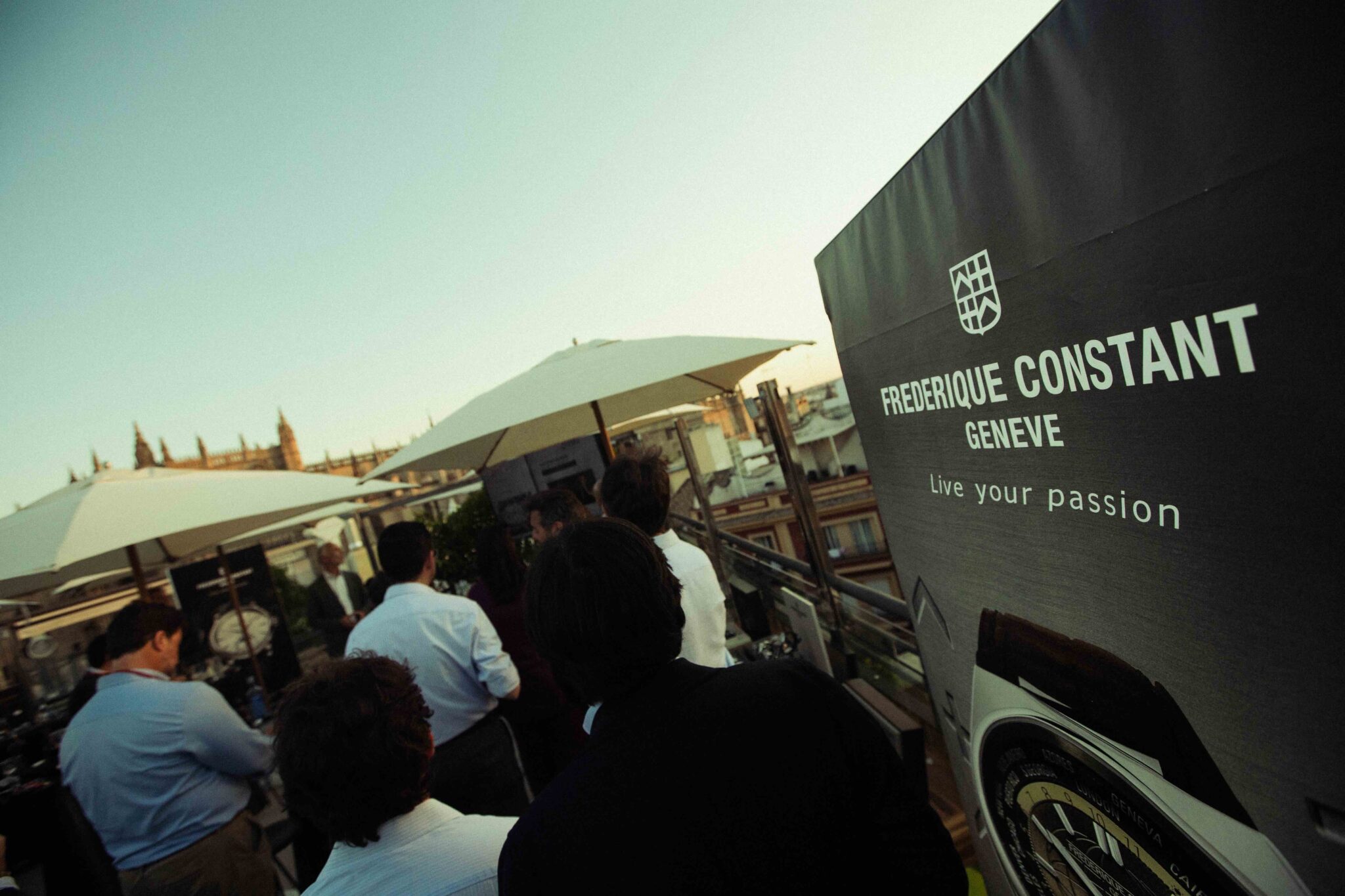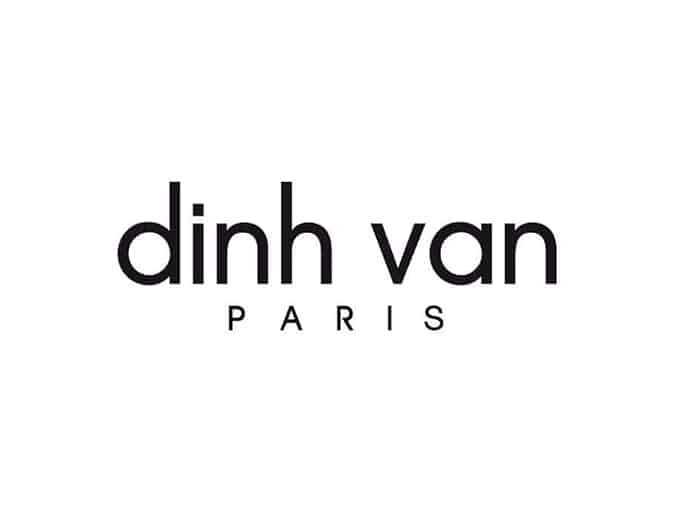Last Wednesday, July 3rd, we had the honor of organizing an event with Frederique Constant…

Sevillians are becoming more and more refined and like the most expensive watches
Enrique Sanchís (Seville, 1950) has handed over the baton of his watch business, the oldest in Seville, to the fourth generation of the family. His paternal grandfather came from Gandía to Seville and founded ‘El Cronómetro’, an iconic store on Sierpes Street that has been open to the public since 1901. It now has four stores, three on that street and another on the first floor of the Radisson Magdalena Plaza Hotel. The day-to-day running of the company, which has gone through many difficulties during its 120 years of existence, is now the responsibility of his son Álvaro, great-grandson of the founder.
-Did you like watches since you were a child?
-I liked the mechanisms in general. That’s why I studied Industrial Engineering, although I didn’t have the patience to finish and joined the family business.
-How do you remember Seville at that time?
-I remember it as provincial but with its own identity. I believe that globalization has made us lose our personality. It was all close. There were not as many rules as there are now. There was an order and a lordliness in the people within an apparent disorder. I think it was lived not as comfortably as now but with more joy.
-Have we lost joy despite living better?
-We have a lot more stuff now, but I think people are more frustrated and dissatisfied than before. I think we have lost sight of the most important things in life.
-What are the biggest changes you see in Seville today compared to when you were a child?
-Back then there were more taverns and inns and fewer fancy restaurants with designer cuisine, and there were not so many luxurious hotels either.
-You sell very expensive watches, some worth more than twenty thousand euros. Don’t you like luxury?
-Consumerism exhausts us all because there is always something new to possess and I don’t think it makes us better. It is not happier the one who has the most, but the one who needs the least.
-You are the owner of one of the oldest stores in Seville. I suppose that will make you proud, as well as those who preceded you in your family and those who will succeed you.
-It is a responsibility to remain in the memory of Seville and naturally a pride. You have a history and a know-how that you must preserve and try to improve in order to make it easier for those who are here and those who will come after you.
-How is the watch business?
-Our business is a bit atypical. My grandfather came to Seville for personal circumstances and settled with a first establishment specialized from the beginning only in watches, as his family had in Gandía and Alcoy. He was enterprising and came up with the transfer of a shirt shop in Sierpes Street, which was the main artery of the capital, and in 1901 he opened it to the public. To take over, he sent my father, the only boy in the family, to Switzerland to study engineering and micro-mechanics in Neuchatel. Later I took over the baton in the 70’s and currently it is my son Álvaro, helped by my brother Carlos, who is in charge of the business.
-Are there no women in your business?
-Not at the moment. The business is owned by my brother Carlos and me. His daughter is a talented engineer but has chosen to focus her career outside the family business.
-You have seen many businesses around you fall. What did you think every time one closed?
-Unfortunately, almost all of them have disappeared. After so many years together, there was camaraderie and it was painful to see them fall, but technological and social advances made their existence very complicated.
-Have the public administrations ever given you a hand?
The administrations have not helped this sector at all, and it has been very difficult to fine-tune it with scarce resources. I have been very attentive to innovate and above all to adapt to the times and I still wonder how we have been able to resist.
-How did you do it? What is the secret?
-Our philosophy is “excellence” and that is timeless. Add to that our ability to adapt and some small strategic decisions that fortunately have been successful, and that is why we are still here.
-Can any of those small strategic decisions be recounted here?
-In one of the crises we overcame, with very little demand, we covered all types of public, with watches from 500 pesetas to 500,000. I had no choice but to bet on something and I did it for the high end renouncing to the low ranges. It was a wise decision that keeps us alive.
-Do you think we are close to the end of traditional commerce?
-I am not a fortune teller and in this changing world it is difficult to predict, but I believe that different sales channels, both physical and virtual, will be able to coexist, which will allow the products themselves to find their place in the market to give maximum satisfaction to consumers.
-The watch, when ‘El Cronómetro’ began, was a luxury item, of a high social class. What exactly does it mean to wear a wristwatch today?
-It is true that it was a luxury item and also a necessity. As a gift there were two or three occasions in life. At the first communion; if you were a student, when you finished your degree; and as an engagement present when you got married. With mass production, the watch ceased to be a luxury item and lost the solemnity of the object.
-Everyone today carries a cell phone that tells the time. How would you explain to me the need to wear a watch on the wrist?
-Today, with so much information available, the watch has gone from being a functional necessity to an accessory that identifies and distinguishes us. In a world where everyone can have everything.
Source: ABC of Seville


